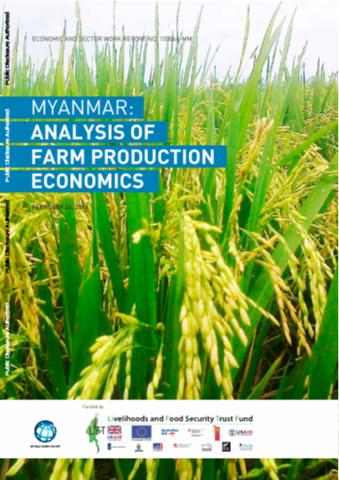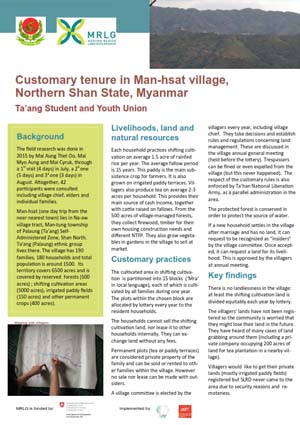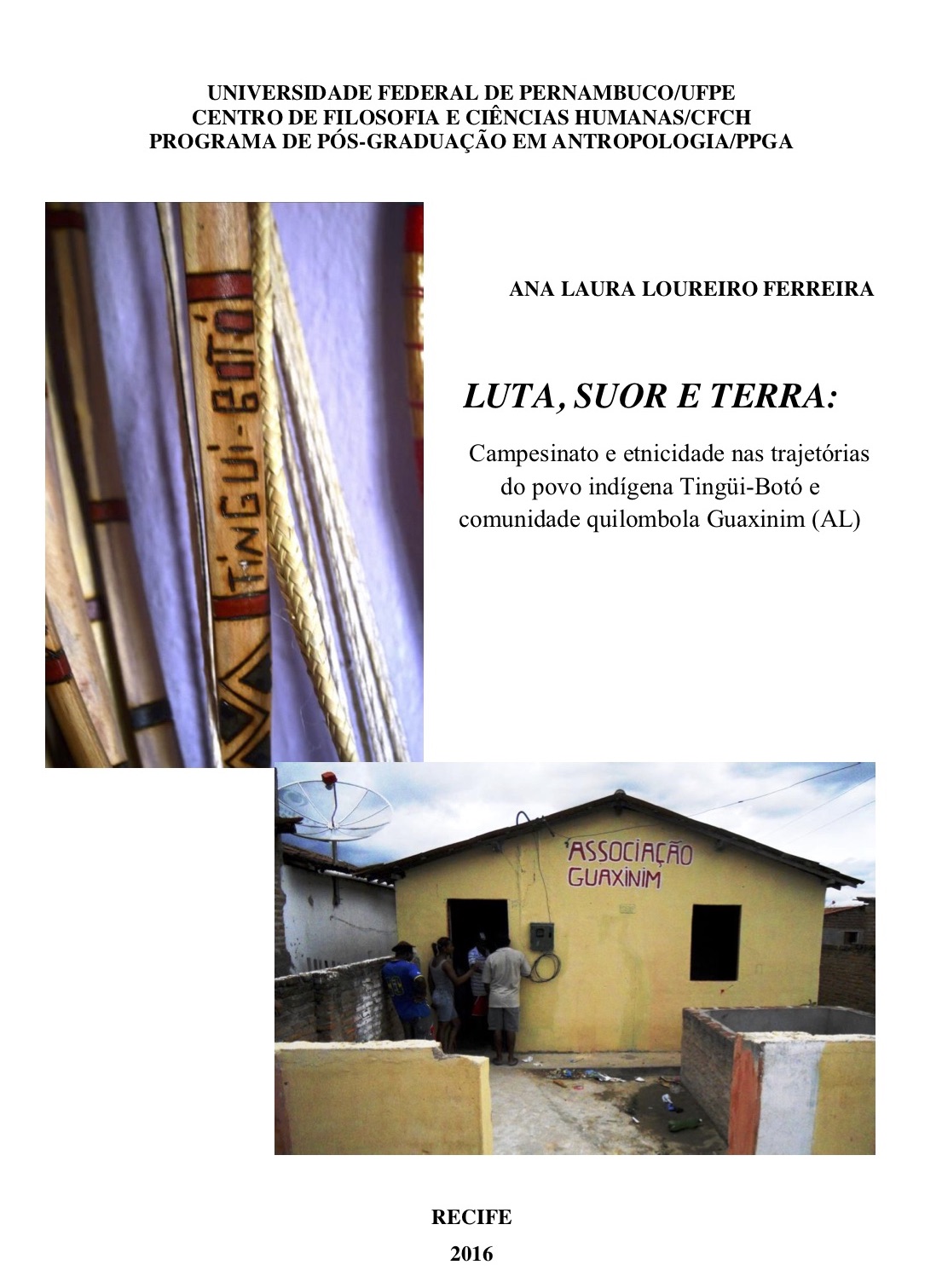Expanding Opportunities for Rural Finance in Colombia
The purpose of this note is to provide
policy recommendations to improve access to credit of rural
populations and small agricultural producers under
financially sustainable schemes. Although the agricultural
sector remains an important source of employment,
agricultural credit is a small fraction of commercial credit
in Colombia. The share of agricultural credit in Colombia is
below levels observed in other countries in the region.







